
As ever, I start doing some research on something completely unrelated and end up finding something very interesting! I am going to refer to two different post and politely plagiarise them for convenience.
The first one is here https://www.autoguide.com/auto-news/2016/04/the-hidden-hand-behind-the-tesla-model-s.html
The second one is here https://www.justice.gov/criminal-vns/case/SAPA
The question is, could there be some Tesla that has defective Aluminium Extrusions fitted? I have come across a case where both I and a Colleague have been asked to inspect a vehicle where it is “patent” that an Item has failed and it “may” be due to fault manufacturing with the construction process.
A copy and paste from the first link. This identifies and relates to an Oslo Company called “SAPA”.
One Reason Behind Tesla’s Success That No One Talks About
Tesla’s Model S is arguably the most revolutionary car to come out in a generation, and one company you’ve never heard of played a huge role in getting it from the drawing board to driveways.
This luxury four-door features an advanced all-electric drivetrain, cutting-edge computer technology as well as a lightweight aluminum body. And that alloy structure is the unqualified heart of this machine, providing a rigid, five-star-safe foundation that everything else is built on.
But what most people don’t know is that a whopping 60 percent of both the Tesla Model S sedan and Model X crossover extrusions are made by a company called Sapa. Headquartered in Oslo, Norway, this multinational operation is the largest aluminum extrusion company in the world.
Wait, what is extrusion? Well, it’s a metal-forming process that pushes a material under tremendous pressure through a small orifice called a die; out the other side comes a continuous stream of material that’s shaped like the desired final product. Think of it as an industrial version of the Play-Doh Fun Factory you might have used as a child. Extrusion is used to make tubing, dimensionally precise flat stock, C-channel pieces and much more.
SEE ALSO: 2017 Lincoln Navigator Next in Line for Aluminum Body
On the home front, Sapa has some 23 facilities in North America, around 7,000 employees, and they just opened a brand-new research and development facility in Troy, Michigan, a suburb of Detroit.
Not surprisingly, the company has worked with numerous automakers, playing a role in the development of products like the Cadillac CT6, Ford F-150 and 2017 Super Duty trucks, the Acura NSX as well as various Jaguar Land Rover products.
But back to the Model S. From its rocker panels to dashboard supports, this car’s body structure is comprised largely of aluminum extrusions. Its massively strong and surprisingly complex front crash rails are “one of the most important parts we do for Tesla,” said Kevin Stuban, vice-president of program and risk management at Sapa.
These components need to be as sturdy as possible yet forgiving at the same time. In frontal crashes, they’re put under tremendous loads, but they need to deform in a controlled, predictable way, which is exactly what they do.
Stuban explained that the Model S’s front crash rails are engineered to neatly crumple on impact, absorbing huge amounts of energy in the process. To do this, they’re made of a special proprietary aluminum called CA24 that was developed by the company. “We create alloys,” he said. “That’s what Sapa is all about.”
Building vehicles out of aluminum extrusions can result in a strong, lighter product and, oddly enough, one that’s simpler as well. The flexibility of extrusion allows multiple components to be consolidated into single pieces, cutting mass, time and ultimately saving money.
Aluminum’s main appeal is its high strength and light weight. It can be more expensive than steel, but automakers and supplier companies are working to get the cost down. This material has been used for many years in various high-end vehicles; Audi is a big consumer of aluminum, as is Jaguar. But the redesigned Ford F-150 was the first real democratization of this metal in the automotive space.
“That was a revolutionary breakthrough in a high-volume [vehicle],” said Charles Straface, business area president, extrusions Americas at Sapa. Ford’s switch to aluminum reduced the F-150’s weight massively while simultaneously increasing its capability, efficiency and driving dynamics.
SEE ALSO: Chevy Targets Aluminum Ford F-150 in New Ads
This bold move was undoubtedly watched closely by rival companies. More aluminum-bodied vehicles are certainly under development, particularity large products like the next-generation Lincoln Navigator, which is also rumored to be making the switch.
Straface explained that automakers are focusing on building larger products out of aluminum because “you get the most mass out of it.” It’s relatively easy to take 500 pounds or more out a full-size SUV by switching materials. Trying to do the same with smaller vehicles doesn’t offer as big a payoff.
“I don’t know that we’ll go to compact car[s],” said Straface. “That’s probably a little bit of a stretch.” This is due to aluminum’s cost and the diminishing returns you get by going small, something Audi learned about with its featherweight A2 a decade and a half ago. It was expensive and never sold in great volume.
Still, the future is bright for aluminum in the automotive space. As it becomes more and more popular with carmakers, cost and complexity issues should be a thing of the past. And just like it did with Tesla’s Model S, it’s a good bet Sapa will be leading the charge.
Correction: Sixty percent of Tesla extrusions are supplied by Sapa, not bodies as initially listed.
This is the copy and paste from the second link.
PENDING CRIMINAL DIVISION CASES
United States v. Hydro Extrusion Portland, INC., f/k/a Sapa Profiles, Inc.
Court Docket No.: 1:19-cr-00123 (E.D. Virginia)
United States v. HYDRO EXTRUSION USA, LLC, f/k/a Sapa Extrusions, Inc.
Court Docket No.: 1:19-cr-00124 (E.D. Virginia)
Court Assigned: These cases are assigned to U.S. District Judge Liam O’Grady, U.S. District Court for the Eastern District of Virginia, Albert V. Bryan U.S. Courthouse, 401 Courthouse Square, Alexandria, VA 22314.
Click here for the latest update.
Criminal Charges: On May 13, 2019, Hydro Extrusion Portland, Inc., formerly known as Sapa Profiles, Inc. (“SPI”), is expected to plead guilty to an April 2019 Information charging it with one count of mail fraud, and Hydro Extrusion USA, LLC, formerly known as Sapa Extrusions, LLC (“SEI”), is expected to enter into a 3 year Deferred Prosecution Agreement to resolve an April 2019 Information charging it with one count of mail fraud. The violations relate to a scheme to conceal the inconsistent quality of aluminum extrusions produced by SPI for its customers, including U.S. government prime contractors and subcontractors, by falsifying thousands of failing tensile test results on those extrusions; to increase SPI’s and SEI’s profits and productivity by preventing delays in production and the costly scrapping of metal; and to obtain bonuses for the employees involved, which were calculated in part based on a production metric.
The employees generally falsified the tests in one of two ways. First, from in or about 1996 through in or about 2006, an SPI plant manager led a scheme to make thousands of handwritten alterations to failing test results by changing failing numbers that fell below the minimum required test results to appear to be passing. Those numbers were then typed onto a certification and provided to customers. Second, from in or about 2002 through September 2015, Dennis Balius, the SPI testing lab supervisor, led a scheme to alter tests within SPI’s computerized systems and provide false certifications with the altered results to customers. Balius pleaded guilty in July 2017 and has been sentenced for his role in the scheme. As part of the guilty plea and DPA, Hydro Extrusion Portland, Inc. will pay $34.1 million in restitution and comply with a requirement to report annually regarding remediation and implementation of a compliance program. SPI has also agreed to forfeit $1.8 million in ill-gotten gains.
A number of significant factors contributed to the Department’s criminal resolution with the companies. Among these, the companies received significant credit for their cooperation with the Department’s investigation and their engagement in extensive remedial measures to address the misconduct, including the termination and severance of employees who were involved, the implementation of state-of-the-art equipment to automate the tensile testing process, company-wide audits at all U.S. tensile labs, increased resources devoted to compliance and revamping internal quality controls and quality audit processes. However, the companies did not receive more significant mitigation credit, either in the penalty or the form of resolution, because the companies did not voluntarily self-disclose the full extent of their misconduct to the Department.
For more information about the SPI Plea Agreement and the SEI Deferred Prosecution Agreement, please see below:
Press Release
SPI Criminal Information
SEI Criminal Information
SEI Deferred Prosecution Agreement (DPA)
Victim Impact Statement: If you would like to attend the plea hearing scheduled for May 13, 2019 and make a Victim Impact Statement in person, please contact the Victim Assistance Line at (888) 549-3945 or email us at VictimAssistance.fraud@usdoj.gov.
If you would like to submit a Victim Impact Statement (or a letter addressed to U.S. District Judge Liam O’Grady) you may do so by mailing the Victim Impact Statement below (or a letter to Judge O’Grady) to: Victim Witness Unit, U.S. Department of Justice, Criminal Division, Fraud Section, 10th & Constitution Avenue, NW, Bond Building, Room 4416, Washington, DC 20530. You also may submit the Victim Impact Statement via email at Victimassistance.fraud@usdoj.gov or by fax at: (202) 514-3708.
The information on this website will be updated as new developments arise in the case. If you have any questions, please call the Victim Assistance Line toll-free at (888) 549-3945 or email us at VictimAssistance.fraud@usdoj.gov.
Presumption of Innocence: It is important to keep in mind that an Information contains allegations only, and that defendants are presumed innocent until proven guilty. That presumption requires both the court and our office to take certain steps to ensure that justice is served.
Crime Victims’ Rights Act and Right to Retain Counsel: The Crime Victims’ Rights Act (18 U.S.C. § 3771) applies only to victims of the counts charged in federal court, and thus individuals may not be able to exercise all of these rights if the crime of which the individual is a victim was not charged. Section 377I(c)(2) of this Act requires that we advise you that you have the right to retain counsel. Although the statute specifically sets forth your right to seek advice of an attorney with regard to your rights under the statute, there is no requirement that you retain counsel. The Government may not recommend any specific counsel, nor can the government (or the court) pay for counsel to represent you. Government attorneys represent the United States.
If you elect to obtain counsel to represent your interests, please have your attorney notify this office in writing at: U.S. Department of Justice, Criminal Division, Fraud Section, 10th & Constitution Avenue, NW, Bond Building, 4th Floor, Washington, DC 20530, Attention: Victim Witness Unit; fax: (202) 514-3708; or email: VictimAssistance.fraud@usdoj.gov. If you elect not to retain counsel to represent your interests, you do not need to do anything.
Plea Agreements: Please be aware that many criminal cases are resolved by plea agreement between the Department of Justice and the defendant. If you want to inform the prosecutor of your views regarding the plea agreement, or any other aspect of the case, please call the Victim Assistance Line toll-free at (888) 549-3945 or email us at VictimAssistance.fraud@usdoj.gov, and we will put you in touch with the prosecutor.

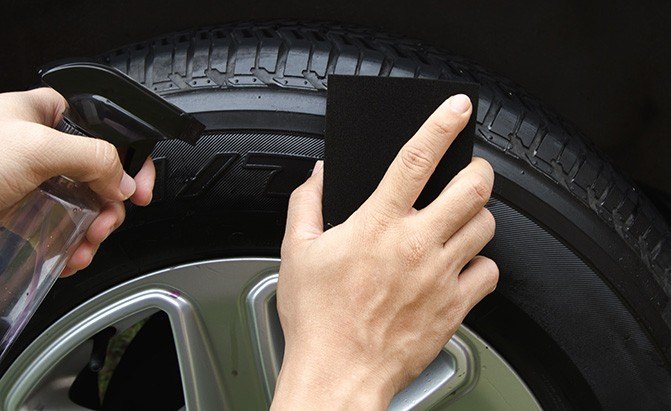
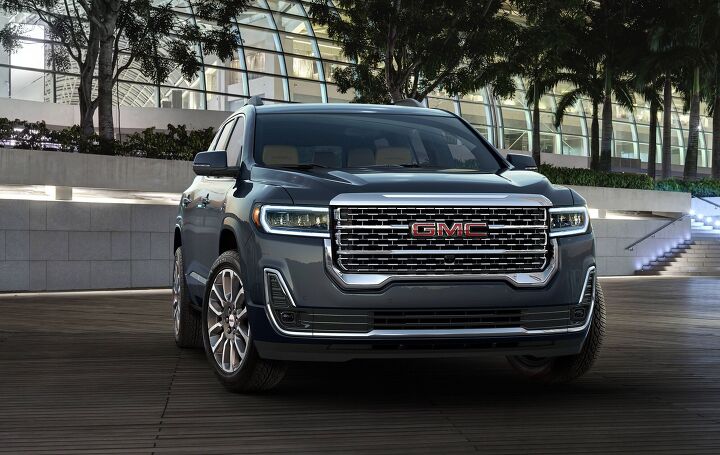
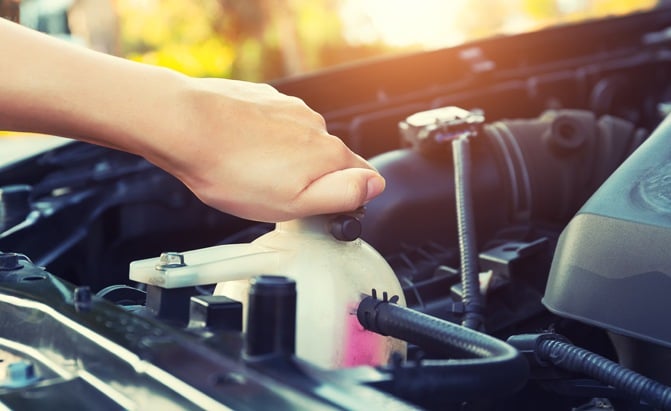
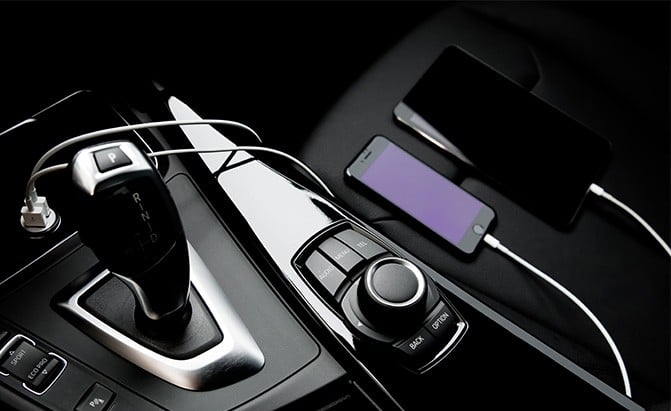



















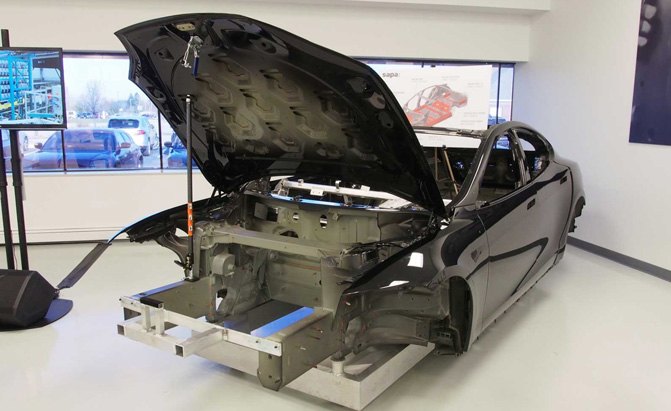



4